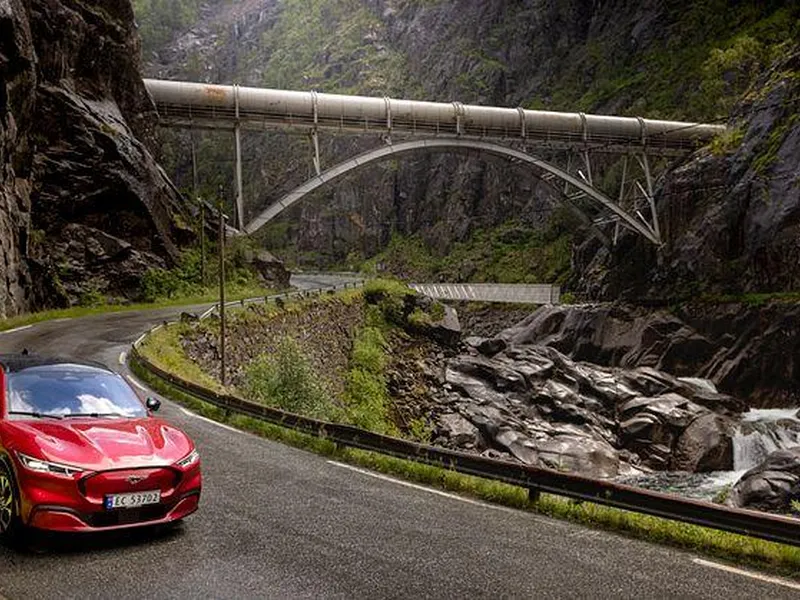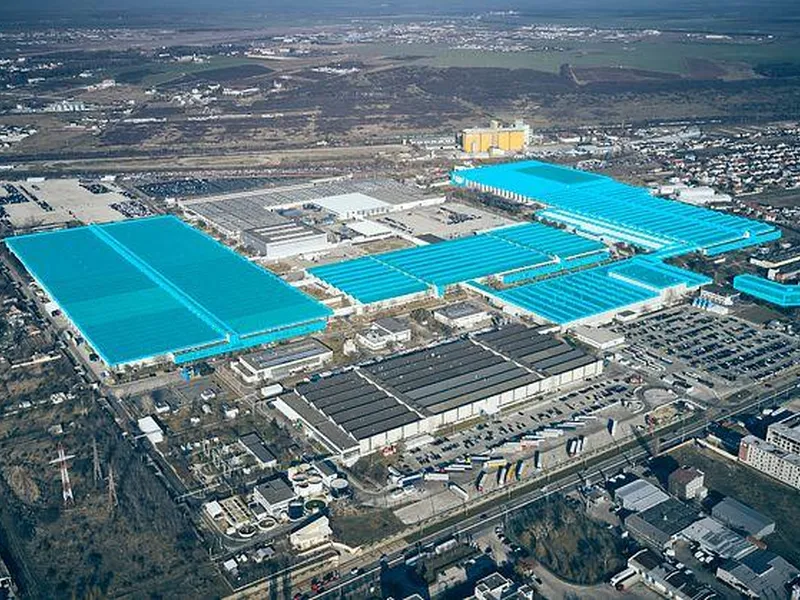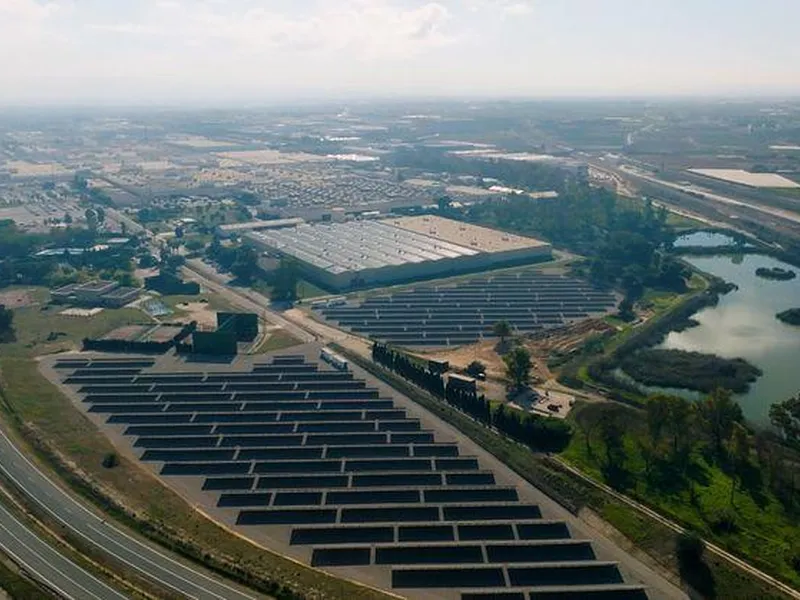For å se all data på denne siden må du lage en bruker eller logge inn
Ford's European Electric Vehicle Transformation
Beskrivelse: Ford selects Valencia and Cologne for next-gen EV production with a $2 billion investment, aiming for 600,000 annual EV sales by 2026 and zero emissions by 2035. Les mer ↧
Verdi og størrelse
2000 mill USD
Miljøsertifiseringer
Ingen registrerte
Hva skal bygges?
Annual electric vehicle sales in Europe by 2026 |
600,000 units |
Aktører
 Arkitekt
Arkitekt
 Rådgivende ingeniør
Rådgivende ingeniør
 Entreprenør
Entreprenør
 Underentreprenør
Underentreprenør
Klikk på aktørene for å se kontakter
Nøkkelord
Fase: Bygging
Selskaper og personer
Det er 2 selskaper koblet til dette prosjektet.
Lag en bruker eller logg inn for se navn, telefonnummer og e-post adresse til selskapene og kontaktpersonene (f.eks. prosjektleder hos entreprenørene).
Bilder
Oppdateringer
22. Jun 2022
- Byggestart lagt til: LATE 2023
- Prosjektverdi lagt til: 2000 mill USD
- Anne Sønsteby lagt til som Informasjonsdirektør Ford Motor Norge for Ford Motor Company
- Jim Farley lagt til som President og administrerende direktør for Ford Motor Company
- Stuart Rowley lagt til som Styreleder, Ford Europe & Chief T&Q Off for Ford Motor Company
- Michael Baumann lagt til som kontakt for Ford Motor Company
- Per Gunnar Berg lagt til som Adm. dir. Ford Motor Norge for Ford Motor Company
- Ralph Caba lagt til som kontakt for Cologne Electrification Centre
- Ford Motor Company lagt til som Byggherre
- Cologne Electrification Centre lagt til som Drift og forvaltning
Byggekamera
Har dette prosjektet et byggekamera?
Send oss en link på olav@pekeberg.com,
så legger vi det til her.


 BuildPilot
BuildPilot

 Byggherre:
Byggherre: 









